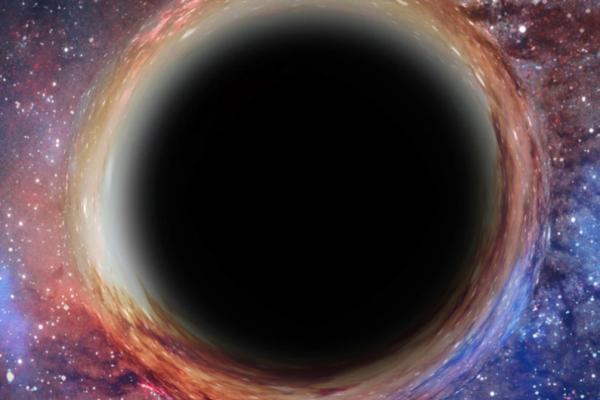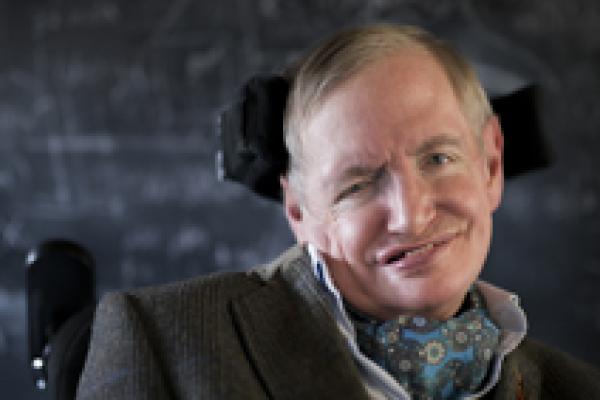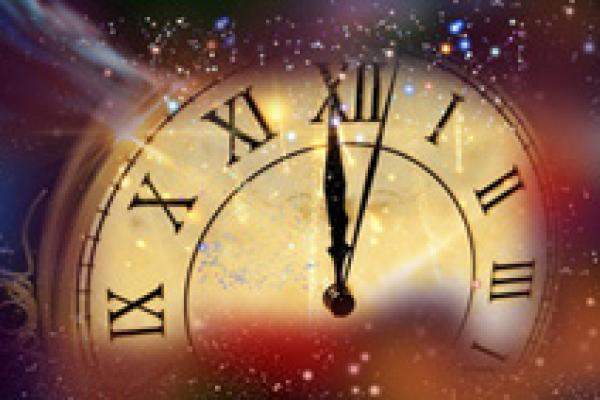Article


Black holes and spacetime bubbles
Masaki Shigemori works on black holes and spacetime bubbles. Find out more in this video.

Masaki Shigemori works on black holes and spacetime bubbles. Find out more in this video.




